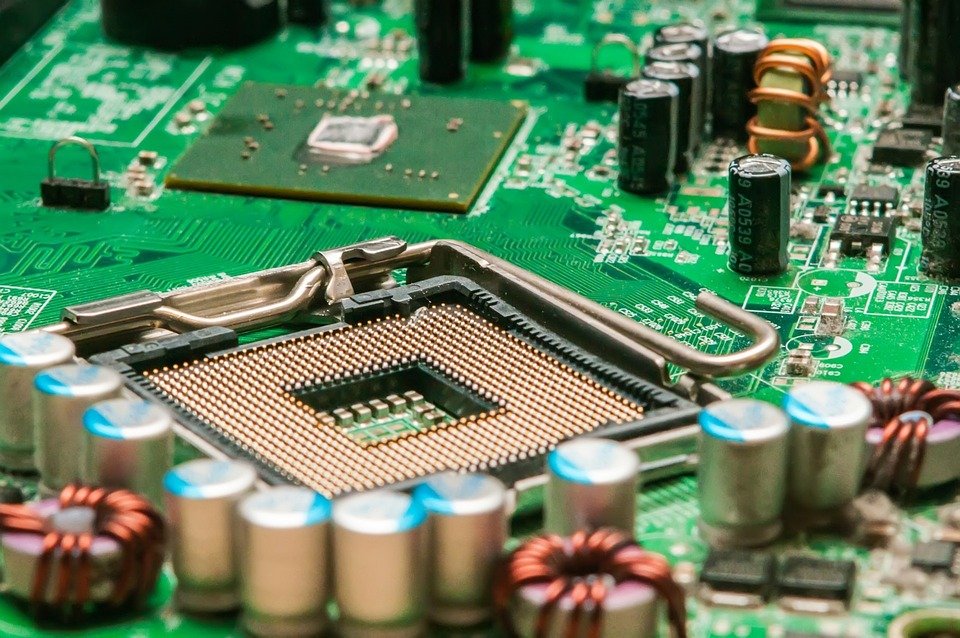Unleashing the Power of Advanced Computer Science: Innovations Shaping our Future
Introduction
In today’s fast-paced digital world, advanced computer science is revolutionizing various industries and shaping our future in ways we couldn’t have imagined before. From artificial intelligence (AI) and machine learning (ML) to blockchain and quantum computing, the advancements in computer science are unlocking endless possibilities. In this article, we will explore some of the most notable innovations and their potential impact on our lives.
I. Artificial Intelligence: The Rise of Intelligent Machines
1.1 What is Artificial Intelligence?
1.2 Applications of AI in Various Industries
1.3 Transforming Healthcare with AI
1.4 AI in Autonomous Vehicles
1.5 Ethical Considerations with AI
II. Machine Learning: Training Computers to Think
2.1 Understanding Machine Learning
2.2 Supervised vs. Unsupervised Learning
2.3 Machine Learning in Image and Speech Recognition
2.4 Improving Customer Experience with ML
2.5 Challenges in Machine Learning Implementation
III. Blockchain: Revolutionizing Trust and Security
3.1 The Basics of Blockchain Technology
3.2 Cryptocurrencies and Decentralized Finance
3.3 Supply Chain Management with Blockchain
3.4 Enhancing Cybersecurity with Blockchain
3.5 Potential Limitations and Future Developments
IV. Quantum Computing: Unleashing Unprecedented Power
4.1 Introduction to Quantum Computing
4.2 Quantum Computing vs. Classical Computing
4.3 Quantum Algorithms and Cryptography
4.4 Quantum Computing in Drug Discovery
4.5 Overcoming Challenges in Quantum Computing
V. Internet of Things: Connecting the Physical and Digital Worlds
5.1 The Concept of the Internet of Things (IoT)
5.2 Smart Homes and Cities
5.3 IoT in Healthcare
5.4 Industrial Internet of Things (IIoT)
5.5 Privacy and Security Concerns in IoT
FAQs
Q1: How does AI impact job security?
A1: While AI automates certain tasks, it also opens new avenues for job creation. Jobs involving human interaction, creativity, and critical thinking are less likely to be replaced by AI.
Q2: Can machine learning algorithms be biased?
A2: Yes, machine learning algorithms can exhibit bias if the training data used is biased. It is crucial to ensure the fairness and inclusiveness of the data used to train these algorithms.
Q3: How secure is blockchain technology?
A3: Blockchain technology provides enhanced security through decentralized and immutable data storage. However, vulnerabilities can still exist in the implementation and smart contract code.
Q4: What makes quantum computing more powerful than classical computing?
A4: Quantum computing leverages quantum bits (qubits) to perform complex calculations exponentially faster than classical bits. It has the potential to solve complex problems that are currently intractable for classical computers.
Q5: How does IoT impact privacy?
A5: IoT raises concerns about the collection, storage, and use of personal data. Proper security measures and data protection regulations are essential to address these privacy concerns.
Conclusion
Advanced computer science innovations such as artificial intelligence, machine learning, blockchain, quantum computing, and the Internet of Things are reshaping our world. They have the potential to improve various industries, enhance efficiency, and create new opportunities. However, it is crucial to address ethical considerations, data security, and privacy concerns to ensure these technologies are harnessed responsibly. As we continue to unleash the power of advanced computer science, we must strike a balance between progress and the well-being of society.

